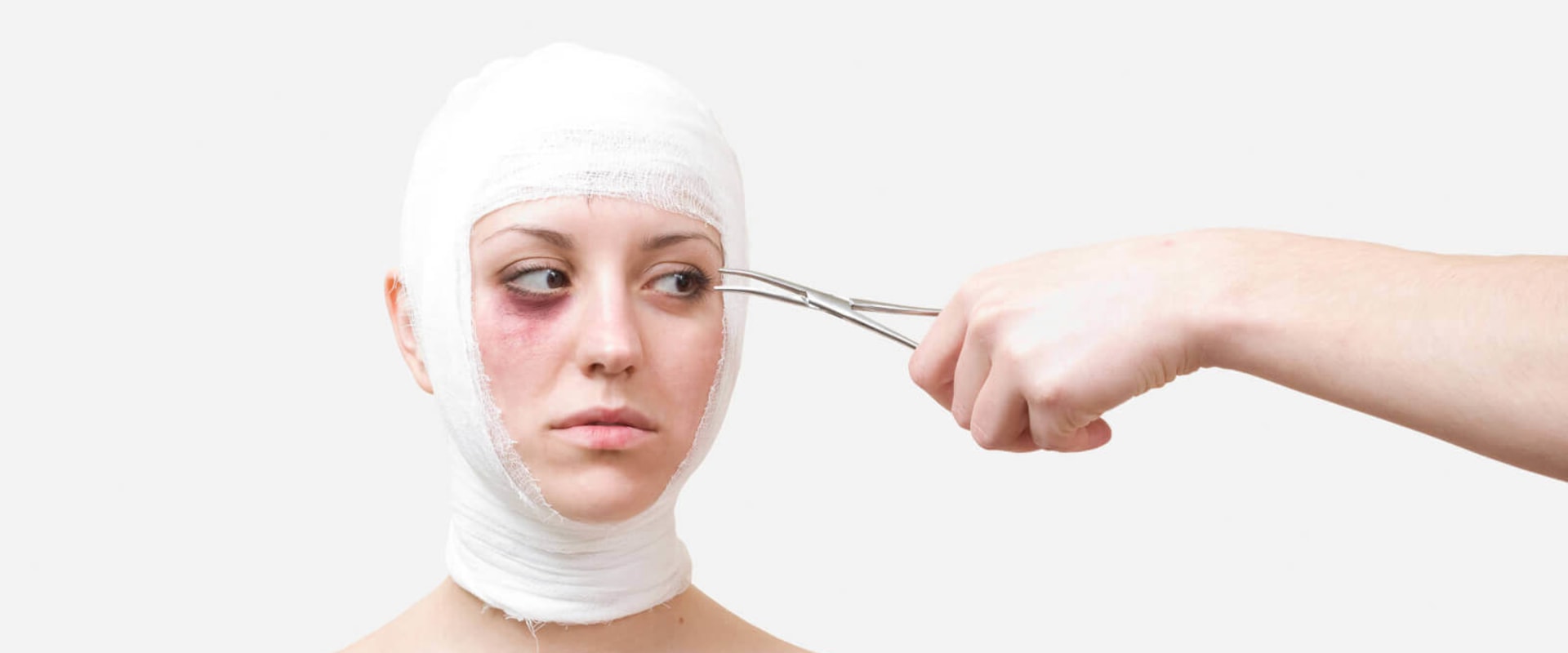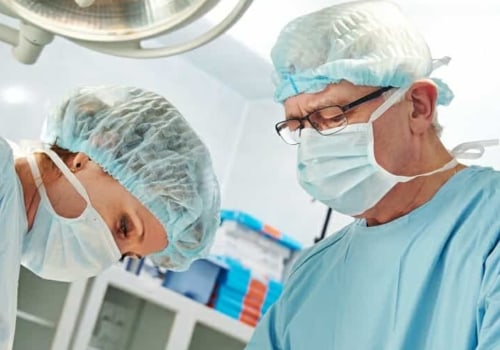Cosmetic surgery has become increasingly popular in recent years, with people seeking to improve their appearance and self-esteem. But what are the effects of plastic surgery on society? Studies have shown that people report greater satisfaction with the part of the body they had surgery on, but the results are mixed as to whether plastic surgery increases their self-esteem, quality of life, self-confidence, and long-term interpersonal relationships. In this article, we'll explore the impact of cosmetic surgery on society and how it affects individuals. Self-esteem is a key factor in determining whether someone will consider undergoing cosmetic surgery. People with lower self-esteem are significantly more likely to want to undergo cosmetic procedures (Furnham and Levitas 201. Self-esteem can be classified as the extent to which people value and accept themselves and think favorably of themselves (Blascovich and Tomaka 199. Related to this, it has been found that self-esteem increases significantly in some people as a result of undergoing cosmetic surgery (Soest et al.
Weight and diet are also found to be related to motivation to undergo cosmetic surgery. For example, heavier women want more cosmetic procedures (Henderson-King and Brooks 200. In contrast, a study that looked at female college students found that a low BMI predicted greater consideration of cosmetic surgery (Swami 200).Body dysmorphic disorder (BDD) is another factor that can influence someone's decision to undergo cosmetic surgery. It is estimated that between 7% and 15% of people seeking cosmetic improvements have BDD (Crerand et al.
People with BDD have a concern about an imaginary or minimal defect in their appearance (American Psychiatric Association 201. Appearance-changing strategies, such as cosmetic surgery, are often conceived as a way to get rid of this perceived defect). Paradoxically, people with BDD who undergo cosmetic surgery as a way to treat their BDD often show significantly negative outcomes, such as being dissatisfied with the outcome of surgery, exhibiting higher levels of psychopathology, and low self-esteem (Mulkens et al. Because cosmetic treatments rarely resolve symptoms of BDD and, in some cases, may worsen symptoms (Mulkens et al. Most studies report that people are generally happy with the outcome of cosmetic procedures, but little rigorous evaluation has been done. The goal of cosmetic surgery is to improve a person's appearance, self-esteem, and self-confidence.
Cosmetic surgery can be performed anywhere on the face and body. Similarly, Brown et al. (found that indirect cosmetic surgery experience increased women's likelihood of undergoing cosmetic surgery.).It is important for psychologists to be able to talk to patients about their appearance concerns and what can make someone a good or bad candidate for cosmetic surgery. Previous research has found that the use of social media sites can affect the desire for cosmetic surgery (De Vries et al.
Materialism, Sociocultural Appearance Messages, and Parental Attitudes Predict College Women's Attitudes to Cosmetic Surgery). The ACSS consists of 15 items that use a 7-point Likert scale and measures attitudinal dispositions towards cosmetic surgery. The best predictor of their interest in getting cosmetic surgery was body dissatisfaction. The use of traditional media such as television programs about cosmetic surgery can also be a motivating factor in women undergoing cosmetic surgery. The more participants used social media in their daily lives, the more likely they were to consider cosmetic surgery.
Crockett et al (20) showed that reality television about cosmetic surgery plays an important role in patient perceptions of cosmetic surgery and decision-making. In a recent study, SARWER found that one year after receiving cosmetic surgery, 87 percent of patients reported being satisfied after surgery, including improvements in their image general body and body trait altered. Their results also suggested that women are more likely to undergo cosmetic surgery than men. Cosmetic specialists should be aware of people who have undergone numerous procedures performed by many professionals, particularly those who report that the result of such procedures has not been satisfactory. Future research is needed to examine other factors that contribute to understanding the psychosocial motivations of young women undergoing cosmetic surgery. Overall, it is clear that there are both positive and negative effects associated with plastic surgery on society. While it can improve self-esteem and quality of life for some individuals, it can also lead to negative outcomes such as body dysmorphic disorder or dissatisfaction with the outcome.







